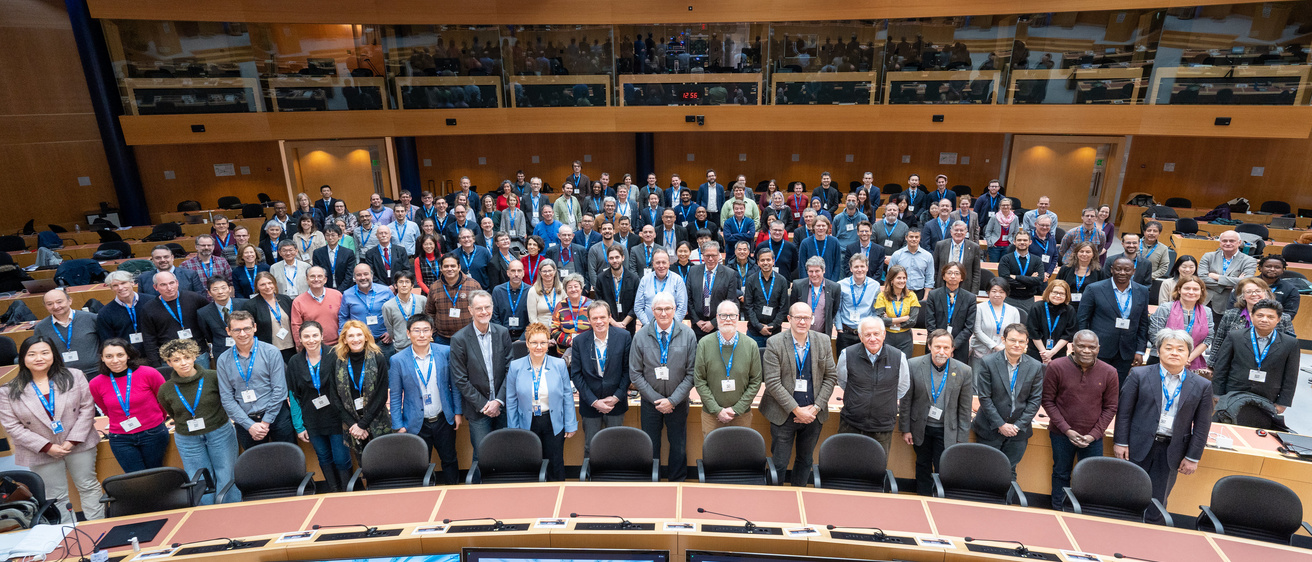
Gregory R. Carmichael, University of Iowa’s Karl Kammermeyer Professor of Chemical and Biochemical Engineering, will lead a new international initiative of the United Nations World Meteorological Organization (WMO) called the Global Greenhouse Gas Watch (G3W). In addition, Carmichael has been re-appointed to another four-year term as chair of the Scientific Steering Committee of the Global Atmospheric Watch (GAW), a position he has held for the past eight years. Both appointments were made in June 2023.
GAW coordinates the greenhouse gas measurements gathered from around the globe for use in all climate assessments. The G3W will expand the reach of GAW into practical as well as scientific arenas.
The G3W, which has been joined by 193 nations, is slated to provide standardized world-wide reporting of greenhouse gas emissions as early as 2024. Accurate data provided by G3W will improve scientific understanding of greenhouse gases and better predict climate trajectories, Carmichael said. This common framework – similar in scope to worldwide weather forecasts – will deliver timely, authoritative, quantitative, transparent observation-based data on greenhouse gas levels in the air and emissions of carbon dioxide, methane, and nitrous oxide on a regular basis.
This new wealth of information will enable decision makers in government and private sectors to create new mitigation strategies. The G3W will ensure that developing nations will have access to adequate observational and scientific resources and that all nations report their data accurately.
The impetus for the G3W initiative is a response to GAW’s research findings that the reporting of emissions levels has been difficult to scientifically verify, and that voluntary reporting set forth under the Paris Agreement, an international climate treaty signed in 2015, has led to some nations modifying data to best suit their economic and political needs. G3W is also a response to a call for a Climate Solidarity Pact from United Nations Secretary General Antonio Guterres. Guterres sought action and cooperation in calling on developed countries to take the lead, but stated “emerging economies are also critical in bending the global emissions curve.”
Carmichael said, “The G3W is the WMO’s Climate Solidarity Pact to help meet goals of the Paris Agreement. With standardized reporting, all nations will be able to globally coordinate efforts more effectively. They will be able to efficiently plan how to reduce greenhouse gas levels in the atmosphere arising from their nations and choose better mitigation strategies. Because monitoring will be reported by the WMO, it will be possible to recognize effective efforts and be warned of any need for additional strategies if the levels are not falling fast enough. I am feeling optimistic.”
